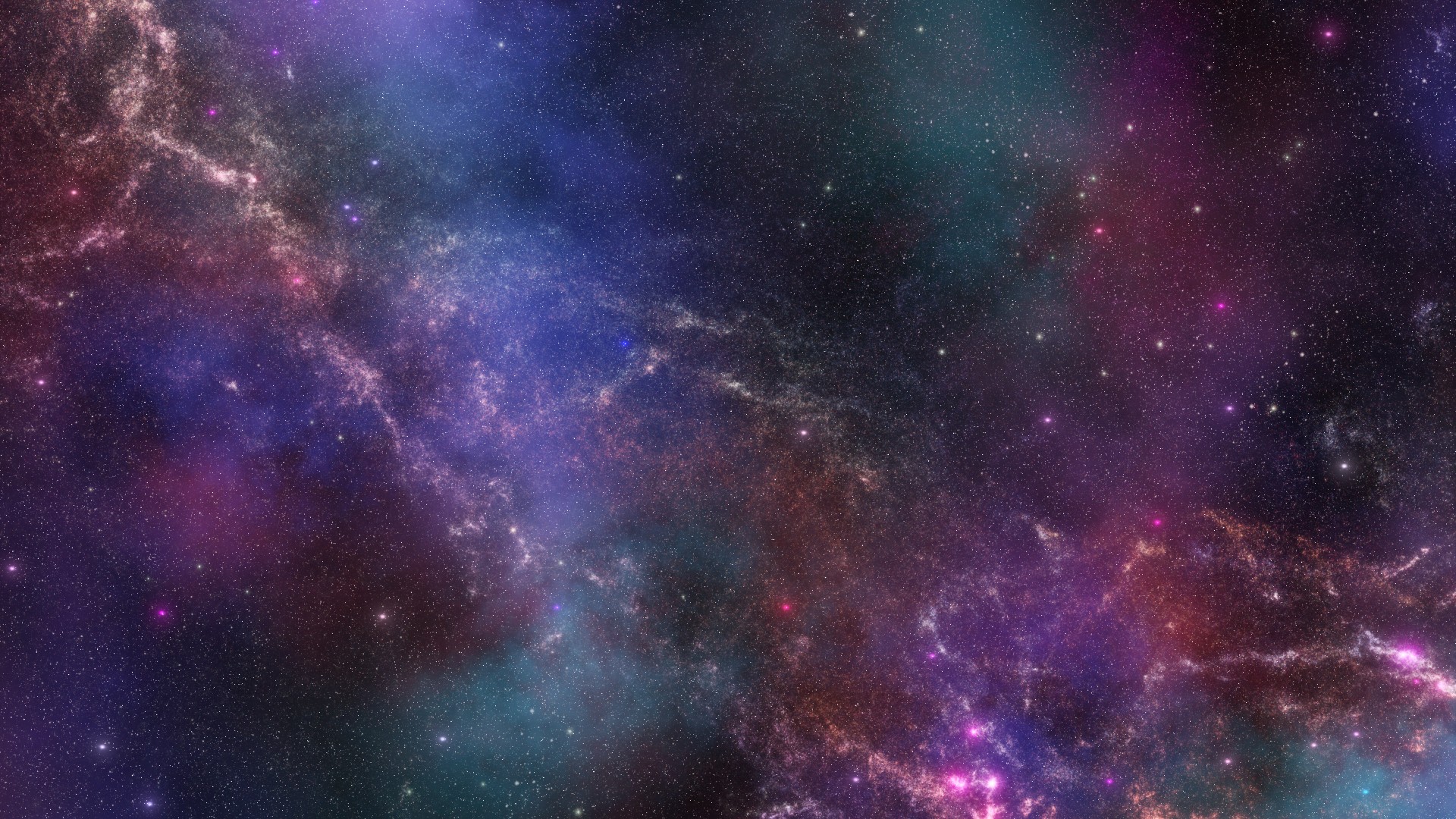The Universe is full of mysteries that challenge our understanding of reality, and a paradox is often at the heart of these cosmic puzzles. A Paradox occurs when observations or theories appear contradictory, forcing scientists to reconsider their assumptions about space, time, and matter. The Universe episodes explore these fascinating phenomena, revealing how paradoxes illuminate the complexities of the cosmos. By studying a paradox, viewers gain insight into the limits of human knowledge and the strange, sometimes counterintuitive, behavior of the Universe.
Understanding Cosmic Paradoxes
A paradox in the Universe often arises when intuitive reasoning clashes with scientific evidence. The Universe episodes examine several examples where the cosmos behaves in unexpected ways, defying conventional wisdom. Whether it is the infinite density of black holes, the apparent darkness of the night sky, or the mysterious expansion of space, a paradox forces scientists to explore beyond surface observations. Observing a paradox encourages viewers to question assumptions, embrace uncertainty, and appreciate the strange beauty of the Universe.
The Role of Paradox in Scientific Discovery
Throughout history, paradoxes have driven major breakthroughs in physics and astronomy. The Universe episodes illustrate how confronting a paradox leads to deeper understanding and innovation. For instance, the paradox of light and time in relativity reshaped our conception of space, while quantum paradoxes challenge our grasp of reality at the smallest scales. By exploring a paradox, audiences learn that scientific progress often stems from questions that appear unsolvable, highlighting the vital role that paradoxes play in advancing knowledge of the Universe.
Olbers’ Paradox and the Dark Night Sky
One classic example highlighted in The Universe episodes is Olbers’ Paradox. This paradox asks why the night sky is dark if the Universe contains an infinite number of stars. At first glance, the solution seems elusive, but by considering the finite age of stars, cosmic expansion, and the limits of observation, scientists have made sense of this paradox. Olbers’ Paradox exemplifies how a seemingly simple question can lead to profound insights about the Universe’s structure, age, and evolution, demonstrating the power of a paradox to provoke curiosity and understanding.
Black Hole Paradoxes
Black holes are perhaps the most famous source of paradoxes in modern astronomy. The Universe episodes explore the information paradox, which questions whether information that falls into a black hole is lost forever. This paradox challenges fundamental laws of physics, including the principles of quantum mechanics. By studying black hole paradoxes, scientists are uncovering new aspects of space-time, gravity, and energy, showing how confronting a paradox can transform our understanding of the Universe.
The Twin Paradox and Time Dilation
The twin paradox is another example featured in The Universe episodes. This paradox arises from Einstein’s theory of relativity, where one twin traveling near the speed of light ages slower than the twin remaining on Earth. At first, this seems counterintuitive, but the paradox reveals how time is relative and dependent on motion. Exploring the twin paradox helps viewers grasp the non-intuitive nature of space-time, demonstrating that paradoxes often hold the key to understanding phenomena that defy ordinary perception.
Paradoxes in Quantum Mechanics
Quantum mechanics is a field rife with paradoxes. The Universe episodes introduce audiences to phenomena such as Schrödinger’s cat, where a particle can exist in multiple states simultaneously until observed. These paradoxes challenge classical logic, forcing scientists to rethink the behavior of matter at microscopic scales. By examining quantum paradoxes, viewers are exposed to the strange and fascinating rules that govern the subatomic world, emphasizing how a paradox can reveal the hidden complexities of the Universe.
Thermodynamic Paradoxes
Thermodynamic paradoxes also feature prominently in The Universe episodes. Questions about entropy, the arrow of time, and the apparent contradiction between microscopic reversibility and macroscopic irreversibility create fascinating challenges. These paradoxes highlight the delicate balance of order and disorder in the Universe, showing how the laws of physics can produce unexpected outcomes. By exploring thermodynamic paradoxes, audiences learn that even well-established principles can yield surprising results when applied to extreme cosmic conditions.
Paradox as a Tool for Learning
One of the most compelling aspects of a paradox is its ability to inspire curiosity and critical thinking. The Universe episodes emphasize that confronting a paradox encourages viewers to think deeply about the principles governing the cosmos. By grappling with questions that appear contradictory, we expand our understanding and develop new ways of approaching scientific problems. A paradox is not merely a puzzle; it is an invitation to explore, question, and discover, offering a unique lens through which to view the Universe.
Connecting Humanity with the Cosmos Through Paradox
Ultimately, paradoxes bridge the gap between human curiosity and the vast unknown of the Universe. The Universe episodes illustrate how a paradox can illuminate fundamental truths while also reminding us of the limits of our knowledge. By studying paradoxes, viewers gain a sense of wonder and a deeper connection to the mysteries of space. Whether considering the dark night sky, the behavior of black holes, or the nature of quantum particles, a paradox challenges us to explore the Universe more profoundly and with greater imagination.
In conclusion, a paradox serves as both a challenge and a guide, revealing the strange and counterintuitive nature of the Universe. The Universe episodes offer a captivating exploration of paradoxes, from Olbers’ Paradox and black holes to quantum and thermodynamic mysteries. By engaging with these paradoxes, audiences gain insights into the limits of human understanding, the beauty of scientific inquiry, and the wonder of the cosmos. A paradox is more than a contradiction; it is a window into the Universe’s most profound and extraordinary phenomena, inspiring curiosity, exploration, and discovery.










